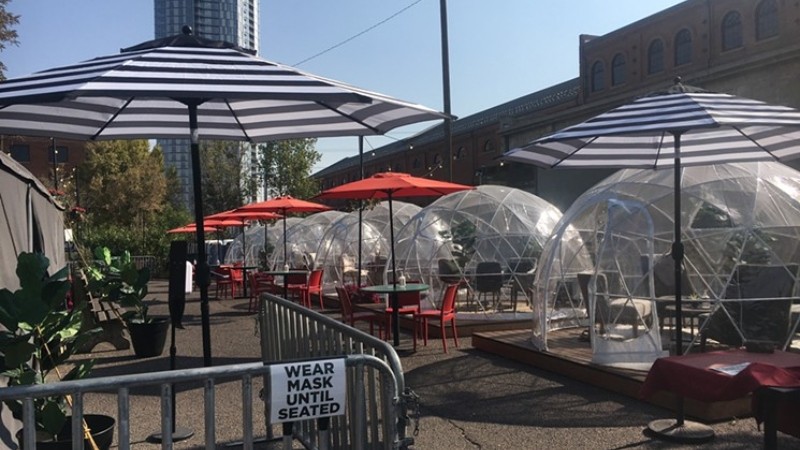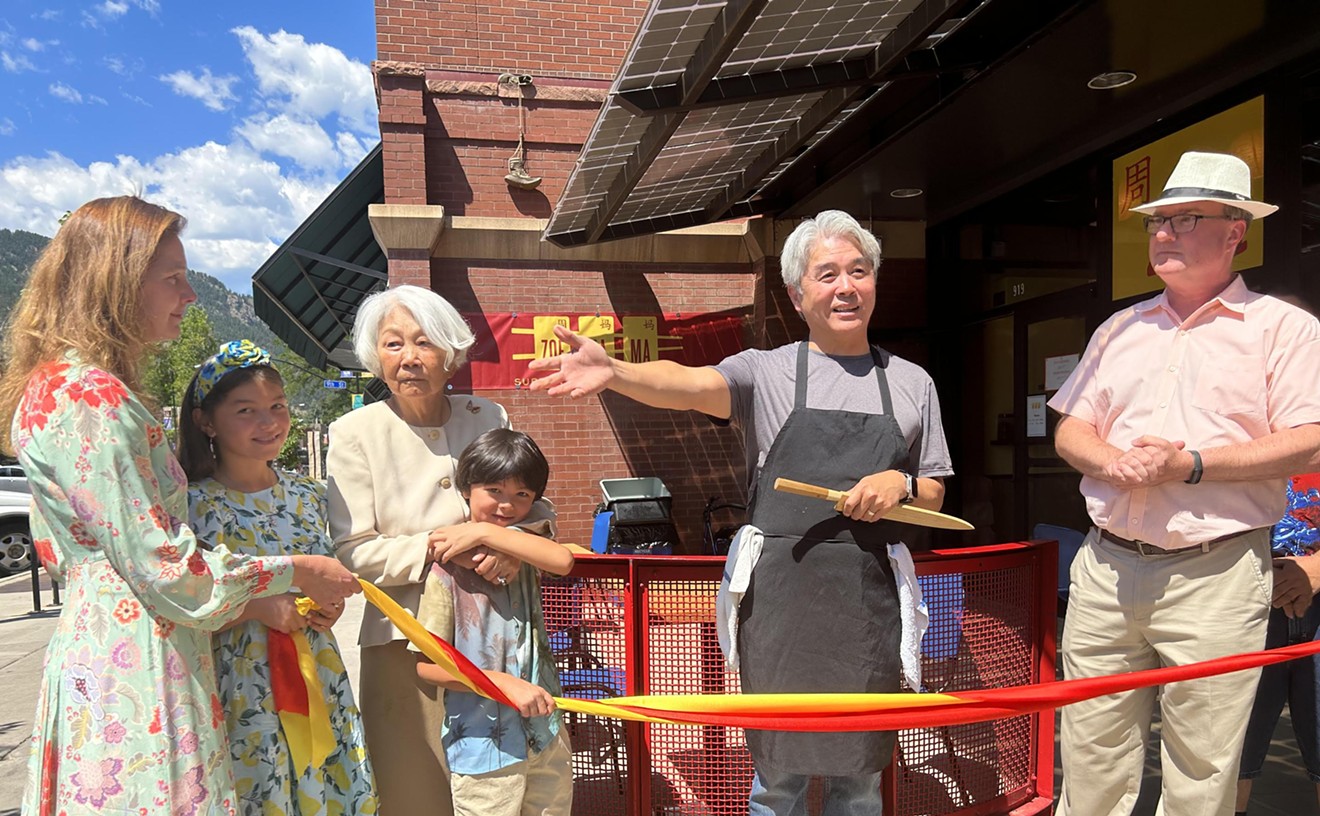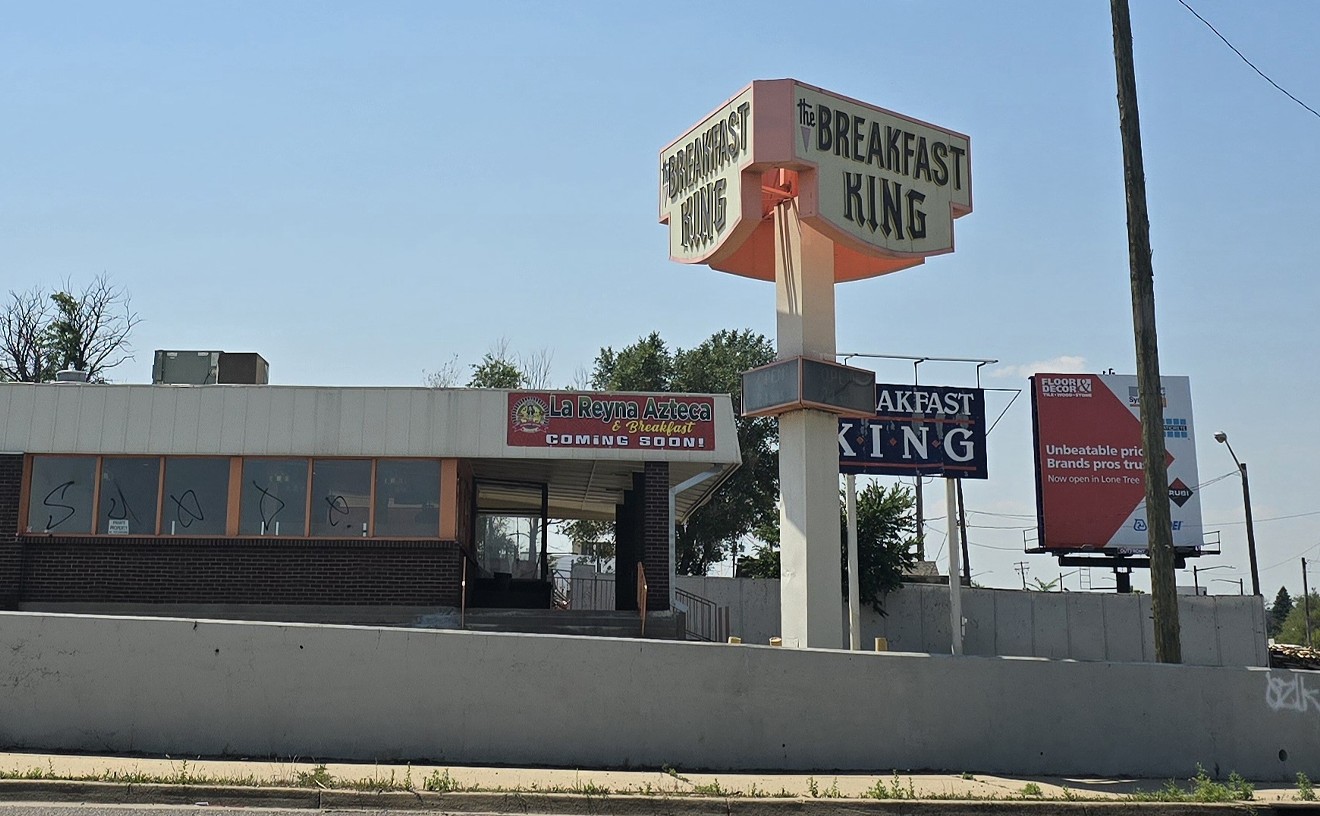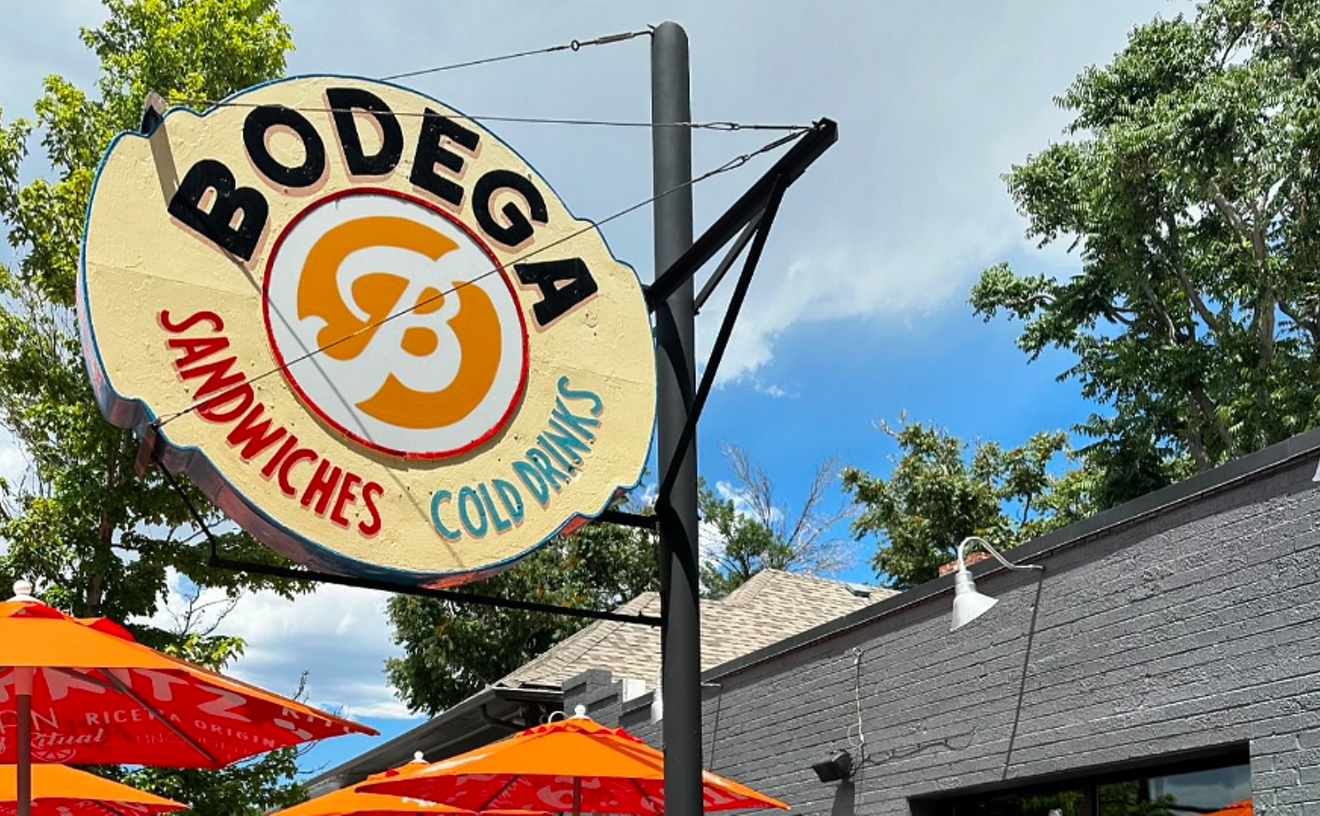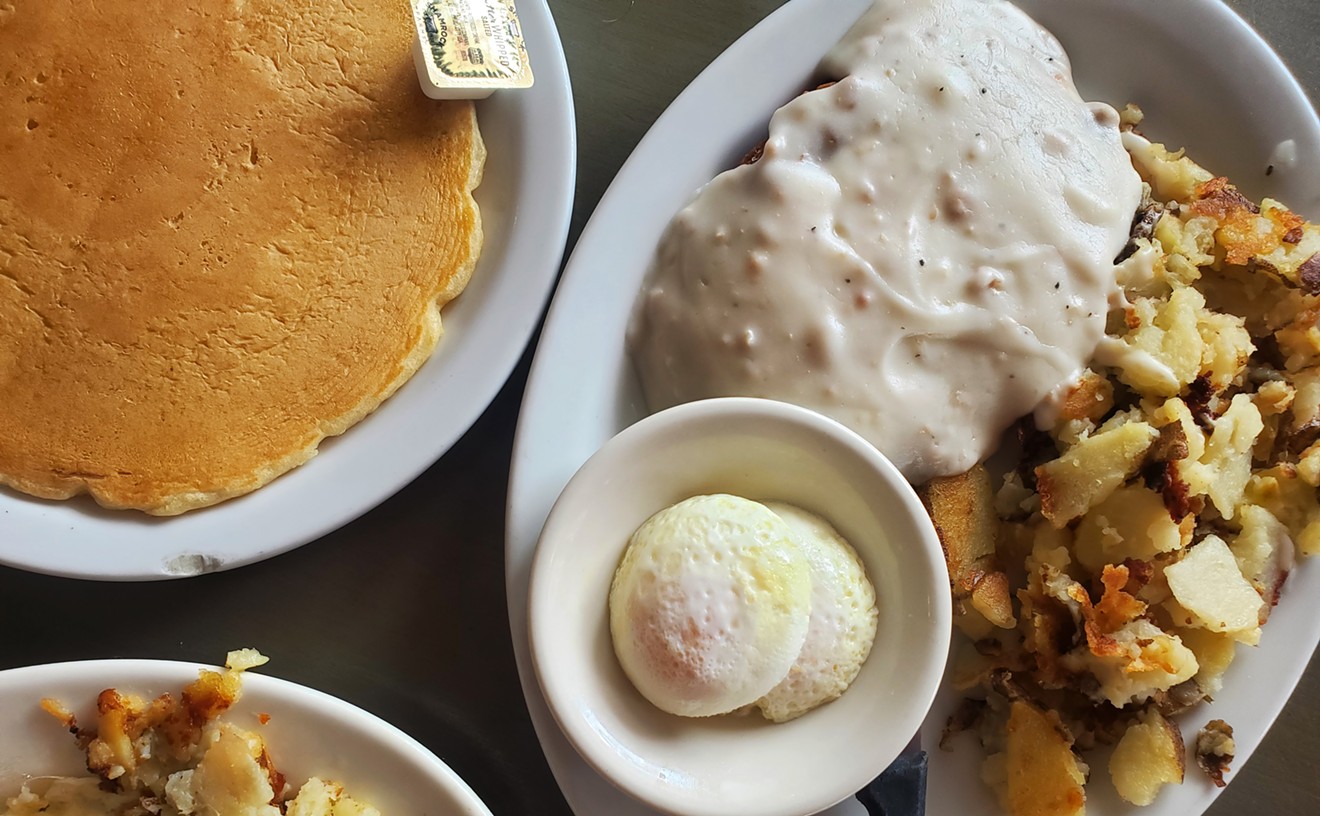That statement could come from a local restaurateur hit hard by the pandemic, or from a curmudgeonly food critic decrying the state of the national restaurant scene. But the person who said it is Todd Graves, founder of Raising Cane's, a Louisiana-based chicken-finger chain with more than 500 locations worldwide.
Graves says that his restaurants, like so many others around the country, were hit hard last spring by COVID-based restrictions that limited indoor business. But customers adjusted and began using Raising Cane's drive-thru lanes with greater frequency, and the company finished 2020 up 10 percent in sales from the previous year.
Other eateries weren't as lucky. Graves realized that most restaurants lacked the option of serving food to people in their cars, or even offering takeout in a meaningful way, since so many independent, family-run operations are based on customer service, ambience and a connection with the community. "I knew I could help these restaurants," he says.
And so the fast-food operator figured out a way to pay it forward by launching a television series called Restaurant Recovery to fund changes that would help restaurants survive the pandemic. "I've done TV before, so I know the power of it," Grave notes.
After researching independent restaurants and bars in cities where Raising Cane's operates, Graves selected My Brother's Bar, the pre-Prohibition watering hole at 2376 15th Street that was purchased by Danny Newman and his parents in 2017, as one of ten businesses to highlight in Restaurant Recovery. Newman's mom, Paula, had worked at My Brother's Bar for 32 years when the building went up for sale and was in danger of being purchased by a developer that would replace the bar with apartments; the Newman family stepped in and acquired the space, running it virtually as-is since then.
But from the start of the pandemic, Newman felt it was unsafe for his parents to be at the bar; they have stayed home. He was also concerned about some of his at-risk employees and customers, and he closed My Brother's to on-premises dining at the end of service March 14, 2020. "We were one of the first to announce our closing, a few days before the state-mandated shutdown," Newman points out. "We did a little takeout business, but that's not why people come to us."
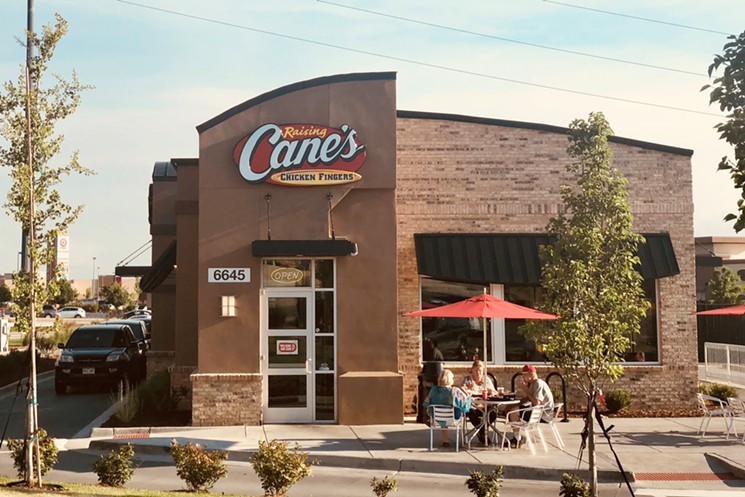
Raising Cane's, like this one in Centennial, was able to increase sales last year because of its drive-thru lanes.
Maureen Witten
"We need more family-owned places like this," Graves says. "Danny chose the safety of his older staff and family — and his customers — during COVID. Imagine all of a sudden your parents aren't there, your staff is smaller...and winter sneaks up on you. If I'm going to help someone, I'm going to help this family."
Graves brought in the Restaurant Recovery film crew last September and told Newman that he wanted to make changes that would help keep customers coming during the coldest months of the year. "We didn't want to make any changes inside," Newman recalls. "We're stewards and caretakers [of My Brother's Bar], so we're not going to mess any of that up."
Instead, the show set up an expansive outdoor seating area with heated and ventilated tents and domes where guests could enjoy food and drink in single groups without being exposed to other customers. "When I got the call, I thought, 'This is too good to be true — these guys are coming in to help us through the winter,'" Newman recalls.
The setup worked, and Newman was even able to add extra ice-fishing tents to what the show producers had provided. And as the weather started getting warmer, the unprotected tables began to fill up again too. But Newman is still committed to ensuring the safety of his staff, so he's taking his time reopening the bar and dining room; he's looking at late summer as a possible target for fully reopening.
"One year of lost revenue compared to the history of this place isn't much," Newman says. "We are overly cautious — the first to close and the last to reopen — and we're okay with that. We're not in a big rush. We're going to be around for a long time."
"We're not out of this," Graves adds. "There are still small businesses closing every day. I have my chain and I'm glad to see customers, but these places need your business, too."
As with other restaurant-makeover shows, Newman and his family had to stay away from their business for two days while the changes were made for Restaurant Recovery, so the episode captures the moment of the "reveal." Recalls Graves, "That first night, when people started filling those tents — that's when we knew we did our job."
Restaurant Recovery is airing on the streaming network Discovery+. It's also rolling out this month on the Cooking Channel, where the Denver episode will air tonight, June 8, at 6:30 p.m. MST. Shows were also filmed in Los Angeles, Dallas, St. Louis and several other U.S. cities. Find the full schedule here.
Note: This story was updated on June 8 with information on the Cooking Channel showing.

